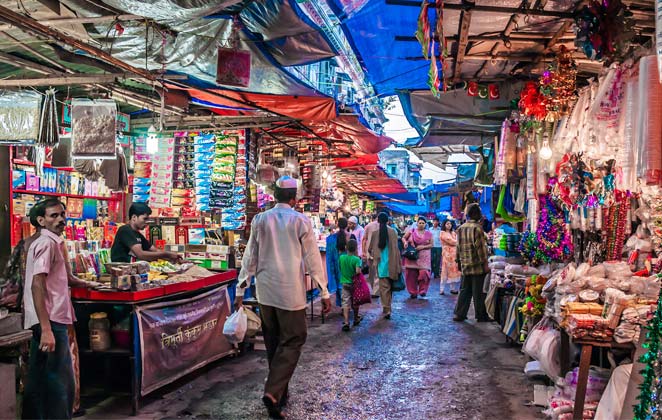Shop owners rarely had an alternate stable source of income and many went out of the running till the time the health crisis started to simmer down. As things eventually started to get back on track after the lockdown was lifted and shops reopened, a glimmer of hope rose again for the survival of the retail sector; everything was fine until the second wave of Covid-19 took the nation by a horrendous storm and chaos ensued once again. Many retail businesspersons voluntarily closed their shops permanently due to the abysmal uncertainty around the healthcare and economic scene of the country.
The retail sector was estimated to incur losses worth $30 billion in the months following the second wave. Needless to say, the danger of contracting the virus with the influx of different customers, day-in, and day-out looms large even when the situation is more under control, clouding retailers with even more uncertainty.

With negligible sales and a staff to pay, it becomes exceptionally difficult for owners to render a balance or even take out funds for meeting their personal expenses.
Yet, this is not the only impediment in the way of local businesses; the global economic black-out paved the way for Multinational Giants to swoop in and save the day with their deep pockets and enormous reach. MNCs have their work spread out with one team responsible for investments and the other for research and analysis of changing needs, this is a huge benefit over local retail shops because there is hardly ever division of labor on such a huge scale.

By analyzing how the need of the hour is changed in view of a global health crisis, MNCs indulge in mass production of the new common- that is, things like masks (especially ones that match your outfits), hand sanitizers (with tolerable fragrances) and of course an assurance of a contactless and safe delivery. Even the host governments side with big multinationals and devise policies that solely favor them.
Apart from this, the sudden and almost absolute shift to e-commerce has made things even more challenging for the local vendors and store owners, unless they have strong home-delivery networks.

With countless obstacles around them, the only way local retail shops can survive and possibly bounce back will be by following the same trend and adapting to the new common but at cheaper rates.
An advantage that these small stores have over the giants in a third world country, is that e-commerce is still not a viable and accessible option for everyone, especially people living in rural areas, and small townships and local businesses can shine out there if they really wish to.
With lesser employees to pay and an extensive division of labor, stores in remote areas can tend to the needs of their customers in a more efficient way. Analyzing localized change in trends would prove to be much more feasible in the face of a thorough global analysis.
The health and safety factor must be kept in mind; Safer delivery can also be ensured by creating a diverse delivery web of unskilled and unemployed youth looking for work and paving way for contactless delivery at customer’s door-steps; the availability of masks, sanitizers, Oximeters and the like should not be restricted to Pharmacy stores as these have become daily need items.
Evolving with the needs of its customers in accordance with the services it provides is the only way retail shops will be able to bear the brunt of the implications of a pandemic.
However, the question of another wave hitting the country still persists and if at all it is as traumatizing as the second wave, it would be nearly impossible to determine the chances of survival for local businesses, until and unless they are immensely supported by their local population in the dire times yet to befall them.
















